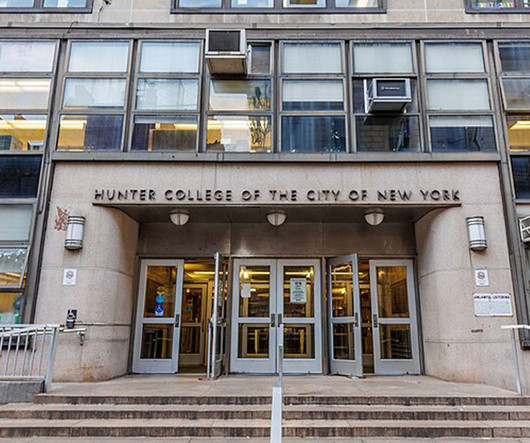Teaching Cooperative Intelligence, for a Solidarity Economy
NonProfit Quarterly
APRIL 12, 2023
Such, at least, is the thesis of work I’ve been involved in to create a cooperative education curriculum at the high school level in the Bronx. Some focus on political education, others on business skills, and yet others on working in specific sectors, such as food.










Let's personalize your content